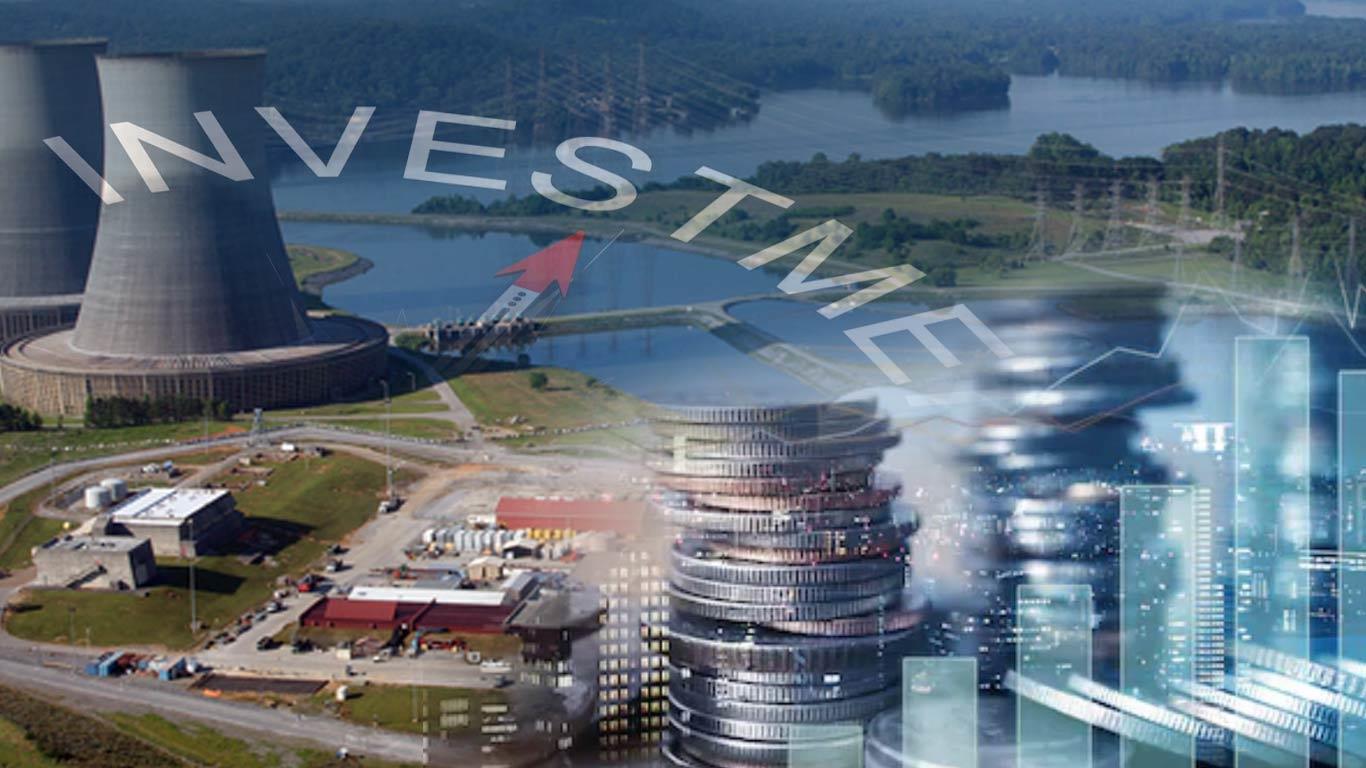
Nuclear Power Generation Rises To 35,333 MW Expansion & Private Investment Planned
Union Minister Jitendra Singh provided a detailed overview of the nation's nuclear power trajectory, highlighting substantial progress since 2014.
Nuclear power generation capacity has experienced remarkable growth, increasing from 22,480 MW in 2014 to 35,333 MW currently.
Installed capacity has likewise doubled, rising from 4,780 MW to 8,880 MW during the same period. This expansion reflects a strategic commitment to diversifying and strengthening India's energy portfolio.
A pivotal policy development emerged in 2017 when the Union Cabinet approved the construction of 10 new reactors simultaneously, signaling a decisive approach to nuclear infrastructure development.
The financial commitment has been equally impressive, with the Department of Atomic Energy's budget expanding from Rs 13,889 crore to Rs 23,604 crore, representing a 170 percent increase.
Prime Minister Modi has introduced a groundbreaking initiative to open the nuclear sector to private players, a move designed to augment resources and accelerate development.
This approach aligns with international trends and aims to reduce reliance on public funding, potentially catalysing innovation and investment in the sector.
Safety remains a paramount concern in India's nuclear strategy. The government adheres to a "safety first, production next" philosophy, implementing rigorous monitoring protocols.
Nuclear facilities undergo quarterly checks during construction, biannual assessments during operation, and comprehensive reviews every five years.
A Tata Memorial Centre study has confirmed that radiation levels around nuclear installations remain significantly below national safety thresholds.
Geographical expansion of nuclear infrastructure is also noteworthy.
Rajasthan currently hosts seven of the country's 25 operational nuclear reactors, with traditional nuclear hubs including Tamil Nadu, Andhra Pradesh, Maharashtra, and Gujarat.
Future plans include potential development in the Khandwa region and ongoing uranium exploration in Rajasthan.
Waste management follows stringent global best practices, with each nuclear plant storing waste on-site for five to seven years before transferring it to specialised 'Away From Reactor' facilities for long-term storage and potential reuse.
Specific projects, such as the Chutka project in Madhya Pradesh, have secured environmental clearances and are progressing through land acquisition and resettlement processes.
The minister emphasised the government's commitment to nuclear power as a clean energy source, with a clear vision of achieving technological self-reliance.
By embracing private sector participation, implementing rigorous safety standards, and strategically expanding infrastructure, India is positioning itself at the forefront of sustainable energy development.
(KNN Bureau)
Legal Disclaimer:
MENAFN provides the
information “as is” without warranty of any kind. We do not accept
any responsibility or liability for the accuracy, content, images,
videos, licenses, completeness, legality, or reliability of the information
contained in this article. If you have any complaints or copyright
issues related to this article, kindly contact the provider above.


















Comments
No comment